After watching the Academy Awards a couple weeks ago and the Life After Pi documentary recently, I was reminded of a great presentation at the CPUG Supermeet during NAB 2013. Somehow that slipped through the cracks last year and I never wrote about it.
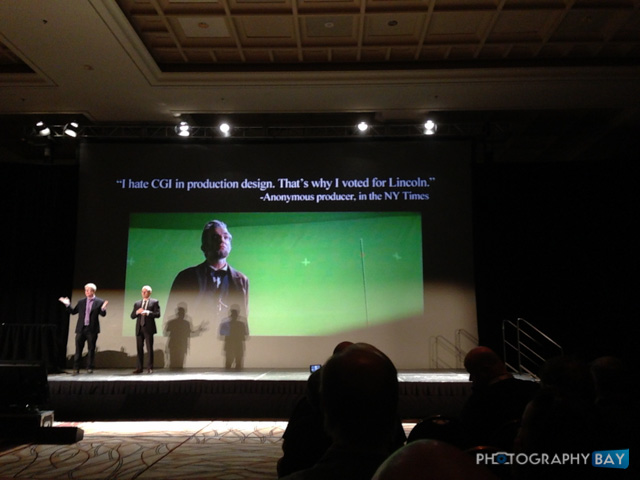
With NAB 2014 just around the corner, I wanted to take the opportunity to pass along this presentation put on by industry veterans Scott Ross and Scott Squires. While we cover mostly stills photography news and gear around the year, NAB each April brings a lot of news in the video industry.
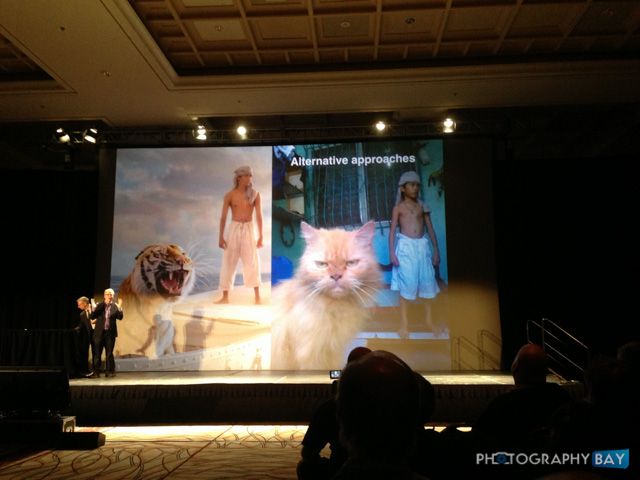
It is quite intriguing that the Best Cinematography Oscar the past two years has gone to heavy VFX films – Life of Pi and Gravity.
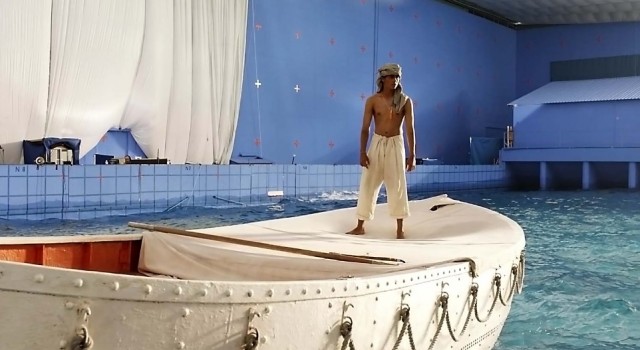
‘Life of Pi’ via Before VFX Tumblr Blog
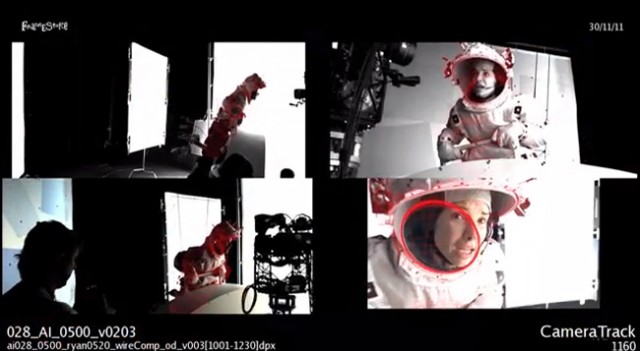
‘Gravity’ via Art of VFX
You can see the full ‘Life After Pi’ documentary embedded below.
[youtube http://www.youtube.com/watch?v=9lcB9u-9mVE&w=640&h=360]There is the beginnings of revolt in the VFX industry as the professionals are working to break out of an impossible business model of fixed bids. If VFX professionals are going to survive in the industry with some semblance of a normal life outside of work, then the industry has to change. However, the crazy contracts and losses continue to roll in.
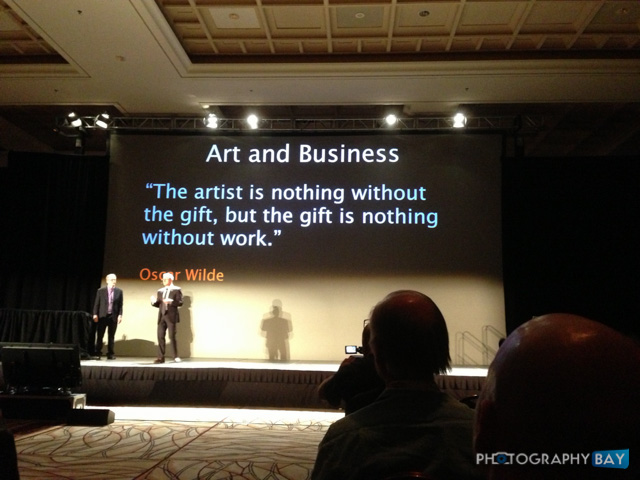
The guys that make these blockbuster films are artists that deserve the same respect we give to still photographers at the top of their industry. If you’re interested in learning more about the current issues, check out this recent article on The Wrap and follow Scott Ross and Scott Squires on Twitter.
In closing, the Supermeet is always a highlight of NAB for me. There is never a shortage of interesting speakers and topics. I’ve seen Kevin Smith, Morgan Spurlock and Final Cut Pro X’s intro in recent years. If you work in any part of post production and you’re attending NAB, I highly recommend checking out the Supermeet.


As someone who works in motion graphics and video production professionally, it’s truly a troubling state of affairs. I was left to start freelancing in a tough market, expanding my “job description”, under bidding on projects, and now taking some projects on my own. The full time work when I was an employee was totaling 60+ hours a week with no additional compensation or benefits, and the work/life balance was destroying me mentally and physically – especially after totaling commute times (easily over 70+ hours a week). The video industry is tough to begin with, and now competing for projects where you can earn the hourly wages of fast food workers is no way to make a full time career or living. I’m hoping by focusing more on the corporate side of things I can continue to work in the post-production industry that is my passion. If not, I will be changing careers at a late stage in my life or truly becoming a struggling artist and crossing my fingers on that lottery ticket.